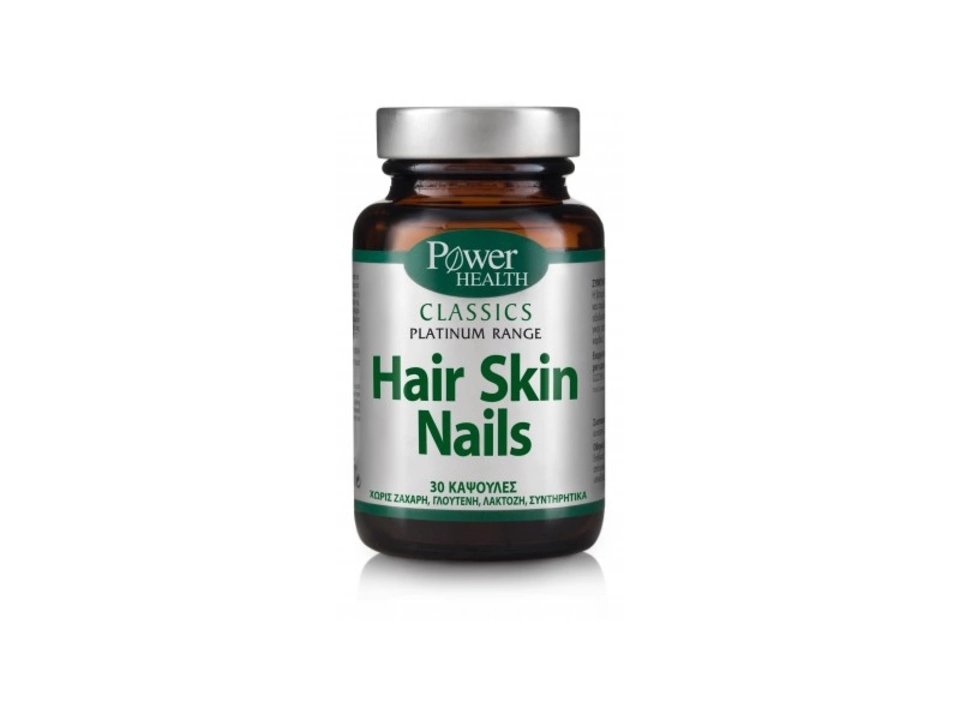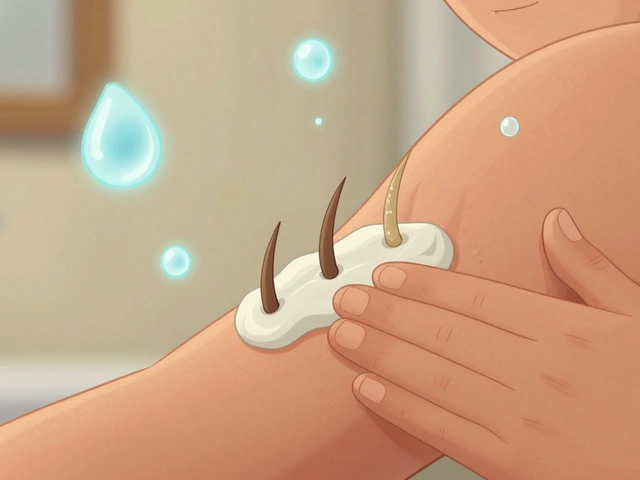Pennyroyal: what it is, what it does, and why people still care
Pennyroyal is a mint-family herb used for centuries for stomach upset, menstrual cramps, and as an insect repellent. Sounds wholesome, right? The problem is the plant contains a chemical called pulegone that can damage the liver, cause seizures, and even be fatal—especially in concentrated forms like the essential oil. That makes pennyroyal one of those herbs you need to treat with real caution.
People today encounter pennyroyal in three common forms: dried leaf or tea, tinctures, and essential oil. The tea is milder but still not risk-free. The essential oil is the most dangerous: a tiny amount can cause severe poisoning. If you’re thinking of using pennyroyal for cramps or to affect your period, stop and read the risk section below first.
Why pennyroyal can be dangerous
Pulegone, the main toxic compound, gets broken down in the liver into metabolites that harm liver cells and the nervous system. Signs of poisoning often start with nausea, vomiting, and abdominal pain. Within hours you can see jaundice (yellowing of the skin), confusion, rapid breathing, and in severe cases seizures or coma. There’s no simple antidote—treatment is supportive in an emergency room and may include activated charcoal if ingestion was recent.
Special risk groups: pregnant people (pennyroyal has a long history as an abortifacient), children, older adults, and anyone with liver disease or who is taking medications processed by the liver. Do not compromise: pennyroyal should never be used to try to end a pregnancy. If pregnancy management is the goal, talk to a licensed clinician—this is not something to self-treat with herbs.
Safer choices and practical tips
If you want a gentle digestive or cramp remedy, try peppermint or ginger instead. For insect protection, use EPA-registered repellents like DEET or picaridin; citronella and lemon eucalyptus are plant-based options with better safety records than pennyroyal oil. When shopping for herbs, buy from reputable suppliers who provide clear labeling and testing information. Never ingest essential oils unless a qualified healthcare provider recommends and supervises use—and never give essential oils to children without medical advice.
If you suspect pennyroyal poisoning: call emergency services or poison control right away. If ingestion was recent (within an hour), emergency staff may give activated charcoal; after that, care focuses on supporting the liver and nervous system. Keep packaging or the plant sample to show to clinicians—it helps identify what was taken.
Bottom line: pennyroyal has historical uses, but the risks—especially from the oil—are real and serious. Use safer herbs and repellents, ask a healthcare pro when in doubt, and never use pennyroyal during pregnancy or for self-induced abortion.

Unlock the Secrets of Pennyroyal: A Powerful Dietary Supplement
I recently came across the incredible power of Pennyroyal, a dietary supplement with a wide range of benefits. This potent herb has been used for centuries for its natural healing properties, and it can help improve digestion and respiratory health. Not only that, but it also has antibacterial and antifungal properties, which can help maintain a healthy immune system. I was impressed to learn that Pennyroyal can even help with menstrual issues and may promote relaxation. I highly recommend looking into this powerful supplement to unlock its many secrets and improve your overall health.
Categories
- Medications (69)
- Health and Medicine (60)
- Health and Wellness (36)
- Online Pharmacy Guides (16)
- Nutrition and Supplements (8)
- Parenting and Family (3)
- Environment and Conservation (2)
- healthcare (2)
- prescription savings (1)



